Photos of the deployment of the BPR/Tilt instrument at MARS
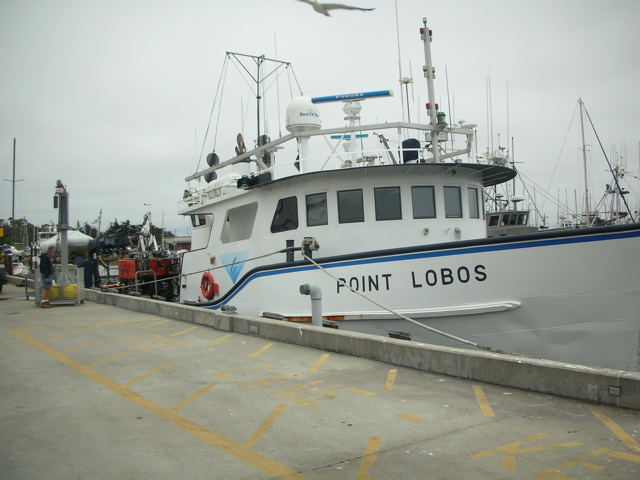
Photo 1: MBARI research vessel Point Lobos.
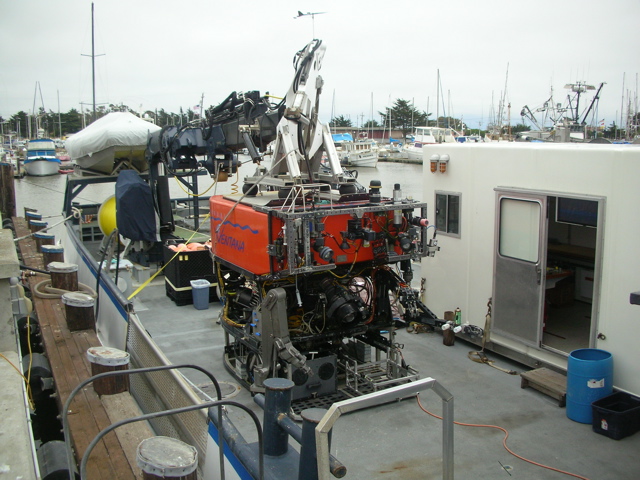
Photo 2: MBARI remotely operated vehicle (ROV) Ventana, on the deck of the Point Lobos.
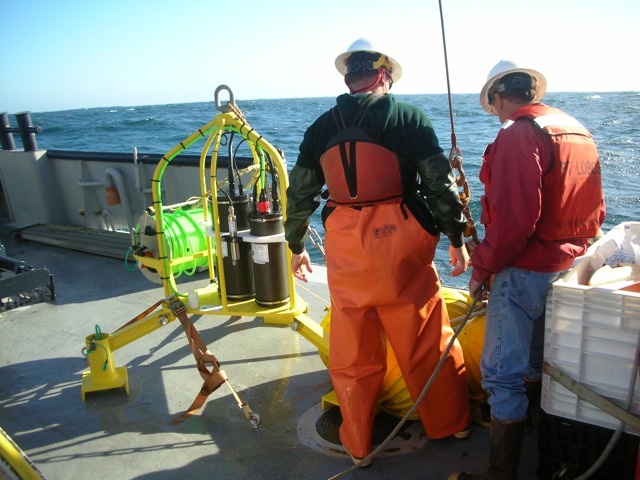
Photo 3: BPR/Tilt instrument on deck of Point Lobos, ready to be deployed over the side.
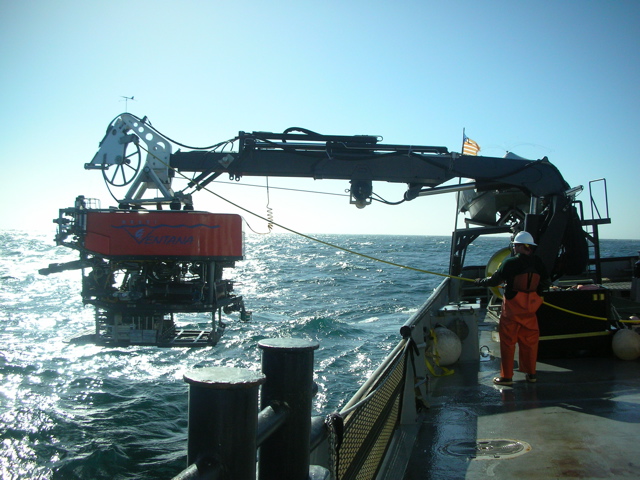
Photo 4: ROV Ventana being deployed at the MARS site, about 25 miles offshore of Monterey.
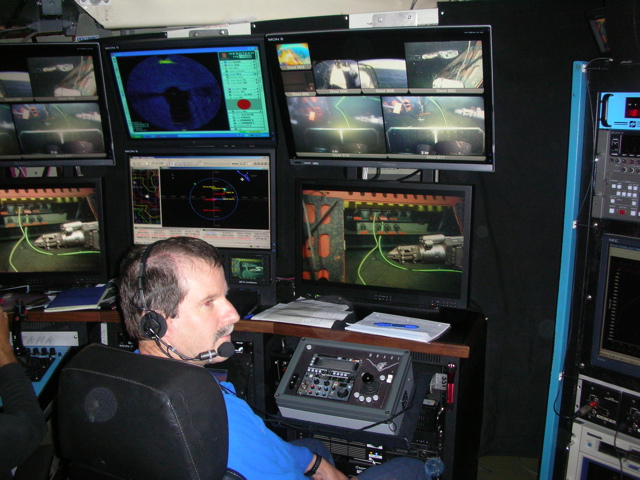
Photo 5: The Ventana control room on the R/V Point Lobos.
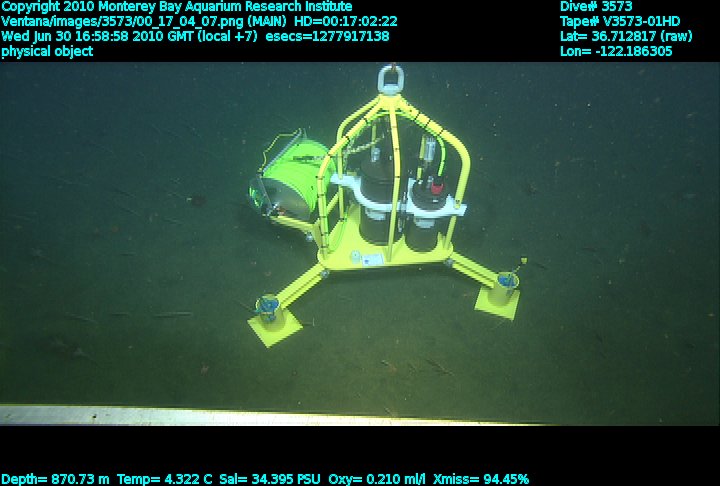
Photo 6: View from Ventana showing BPR/Tilt instrument on the seafloor, with spool of cable attached.
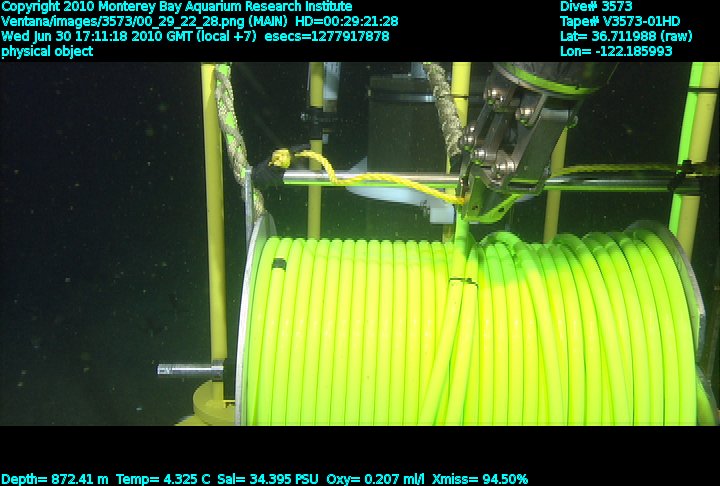
Photo 7: Ventana taking the spool of cable off the BPR/Tilt instrument.
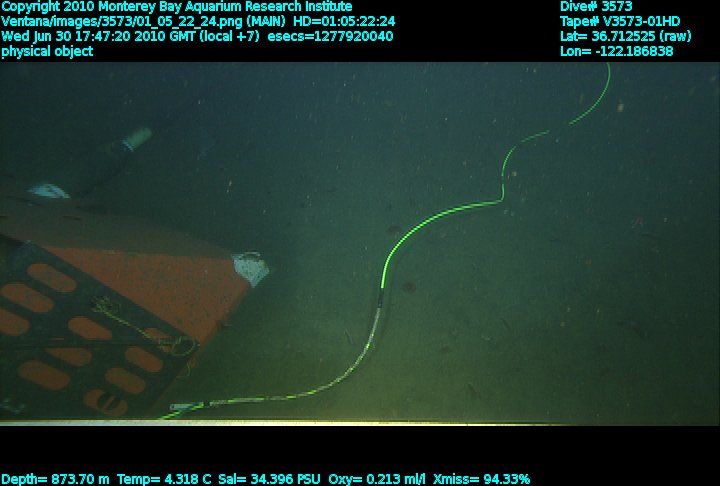
Photo 8: Instrument cable unspooled to MARS science node.
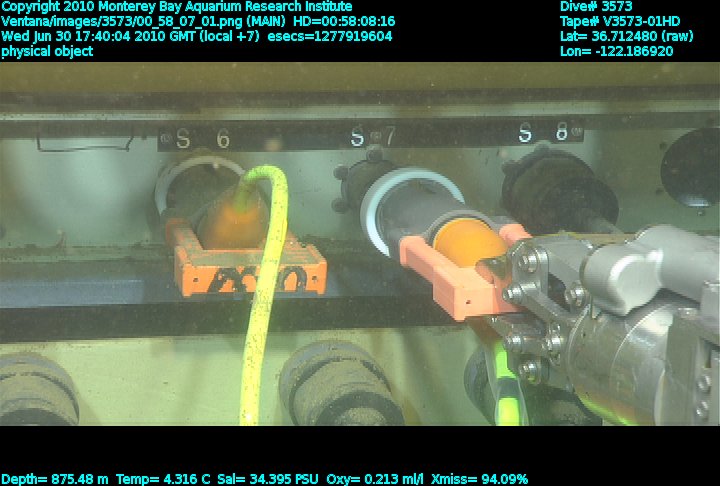
Photo 9: Ventana's manipulator plugs the cable from the BPR/Tilt instrument into the MARS Science Node.
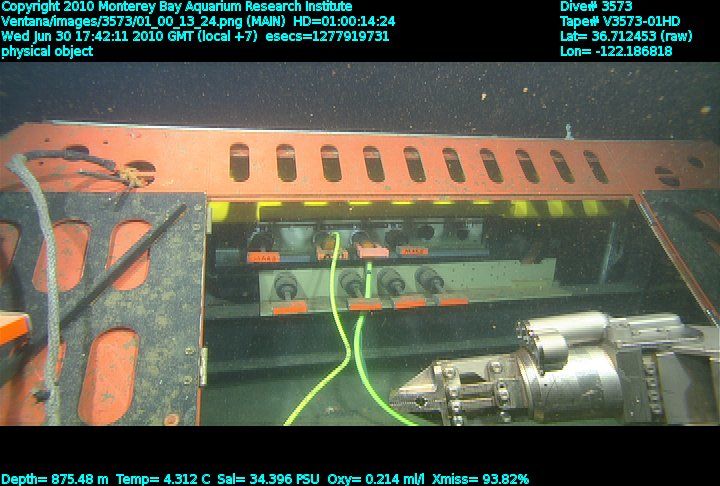
Photo 10: MARS science node with BPR/Tilt instrument plugged in.
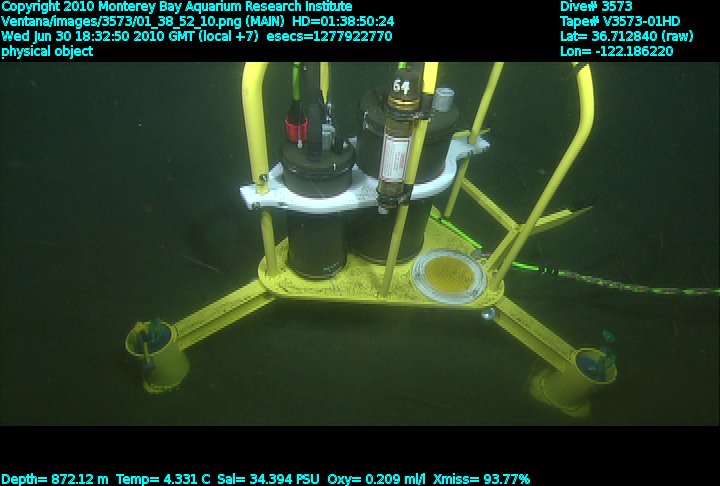
Photo 11: View of the BPR/Tilt instrument plugged in and deployed.
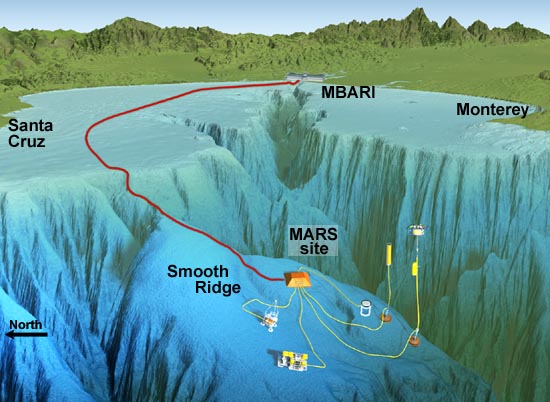
Figure 12: Cartoon of the MARS cabled observatory in Monterey Bay (from MBARI).
More information
More information is available at these links:
NSF | MARS | The Ocean Observatories Initiative | NE Pacific Cabled Observatory | Nano-BPR Viewer
Required NSF disclaimer: This material is based upon work supported by the National Science Foundation under Grant No. 0826490. Any opinions, findings, and conclusions or recommendations expressed in this material are those of the author(s) and do not necessarily reflect the views of the National Science Foundation.
